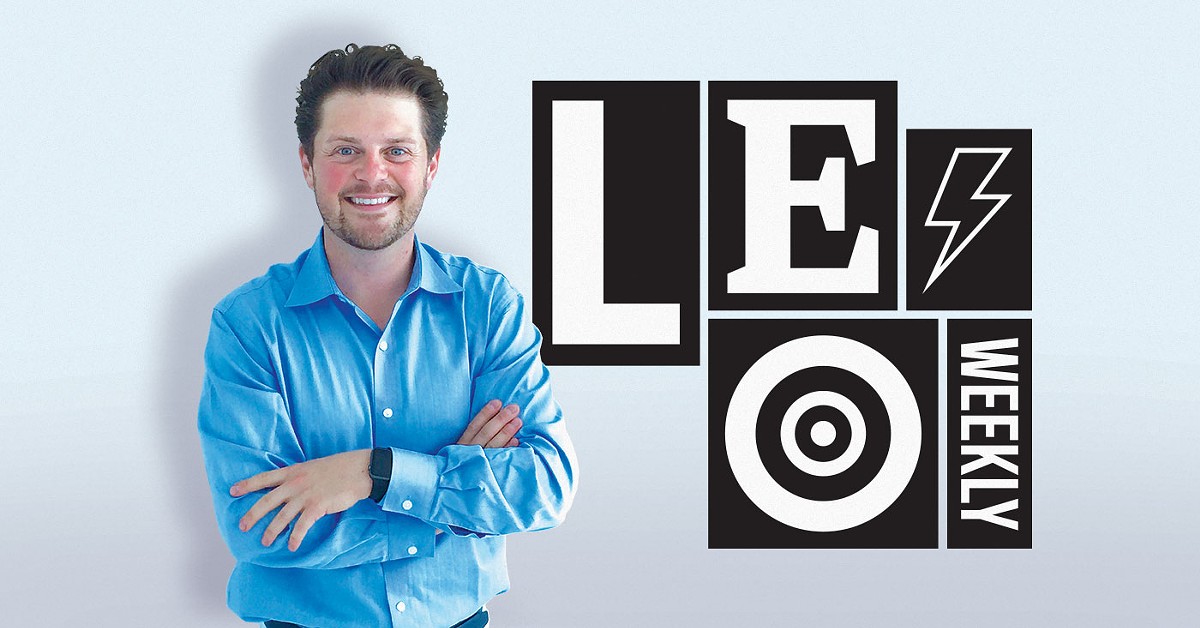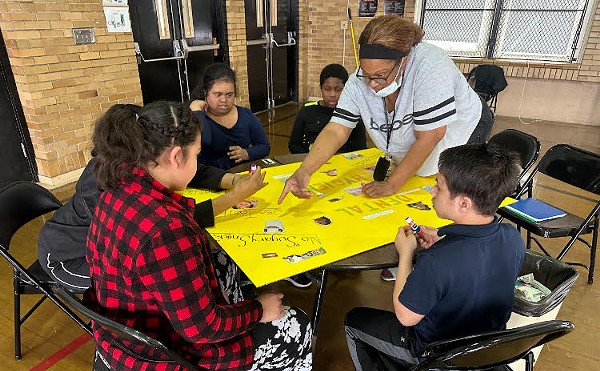It’s difficult to imagine a time in his last two years as mayor when Greg Fischer will have the political power to bring about the change the community wants and needs.
To make change, you need support. To be a leader you need followers. But it is beginning to look like Fischer is the mayor of a deserted island.
Where are all of the mayor’s supporters? Where are his defenders during the most difficult, trying time of his time in office?
Fischer began to lose the liberal, progressive side of his base years ago when he: focused on downtown development instead of underserved, overlooked neighborhood investments; refused to declare Louisville a sanctuary city; and held fast on the city’s compassion-less approach to serving the homeless population, clearing and trashing their camps.
Now he’s seemingly losing — perhaps lost — his most loyal supporters.
The painful, personal Facebook post from Sadiqa Reynolds, which LEO published last week. She had worked for Fischer, so her feelings about him encapsulated the severity of the problem for the mayor. “I wouldn’t waste time speaking or writing if I didn’t love you and know you could do better,” she wrote. This personal, public plea coming from someone who would have one time been the mayor’s first — or last — defender.
Even the business community is turning on the mayor.
Greater Louisville Inc. CEO Sarah Davasher-Wisdom sent a letter to the mayor on behalf of Louisville business owners, last week, imploring the mayor to provide “clear accountability and leadership,” according to a Courier Journal story. The letter cited an apparent “outpouring of concerns, confusion and emotions from businesses.”
Meanwhile, the Democratic-controlled Metro Council has been increasingly rebellious of its leader in the City Hall. Back in late June, the Council announced a bipartisan resolution to investigate Fischer, his administration and the events surrounding the killing of Breonna Taylor.
A friend of mine within the Democratic Party — not my dad and not a councilman — brought it to my attention recently that Fischer never built a coalition of allies to come to his defense, in times of legislative or public crisis. Such coalition building is a hallmark of many successful presidents, governors, mayors and, to some extent, any elected officials.
The first sign of the mayor’s coalition problem was his failure to pass his tax increase through an overwhelming-Democrat-controlled Metro Council last year to forestall major budget cuts. The mayor was just reelected, winning over 60% of the vote.
So, even with the public’s approval and support, he couldn’t gain the majority of the Council’s support. Sure, the Council had several new members who had only been in office for a few months, but one would expect a twice-reelected mayor would have enough support from his own party to pass the most important legislative item.
Now, with a good portion of the Council eying his job in two years, he won’t find many willing to stick their neck out for him. He might be the earliest lame duck elected official in history.
Speaking of Fischer’s last reelection, it began with a primary challenge from his progressive left, before a general election from the Republican right. I wrote in the Nov. 29, 2017 issue: “If everyone’s mad at you, you must be doing something right. In Fischer’s case, I expect it to hold true.”
I went on to say in that column: “unwarranted blame comes with positions of leadership as much as unwarranted praise — everything is always going to be seen as the mayor’s fault, just as everything is the president’s fault.” Fischer recently published an op-ed in The CJ in an attempt to address, what he must sense is, unwarranted blame.
He accurately pointed to several significant changes that he has made to local policing; the state law that binds him from saying more about the Breonna Taylor investigation; and acknowledging that more has to be done. He even drew attention to his effort as president of the U.S. Conference of Mayors, “to study and develop proposals for reparations for Black Americans,” which would be the most significant change to social and racial justice in America’s history.
But he needs allies to carry that message, especially if he expects it to translate into real, tangible change. His comfortable victories in both elections were evidence that I was right in 2017 — which wasn’t too difficult to foretell.
Unfortunately, this time, that same perspective doesn’t hold true; this time, it appears, all sides might be mad at the mayor and he might be wrong. Now, he has to find someone to help him off the island.






